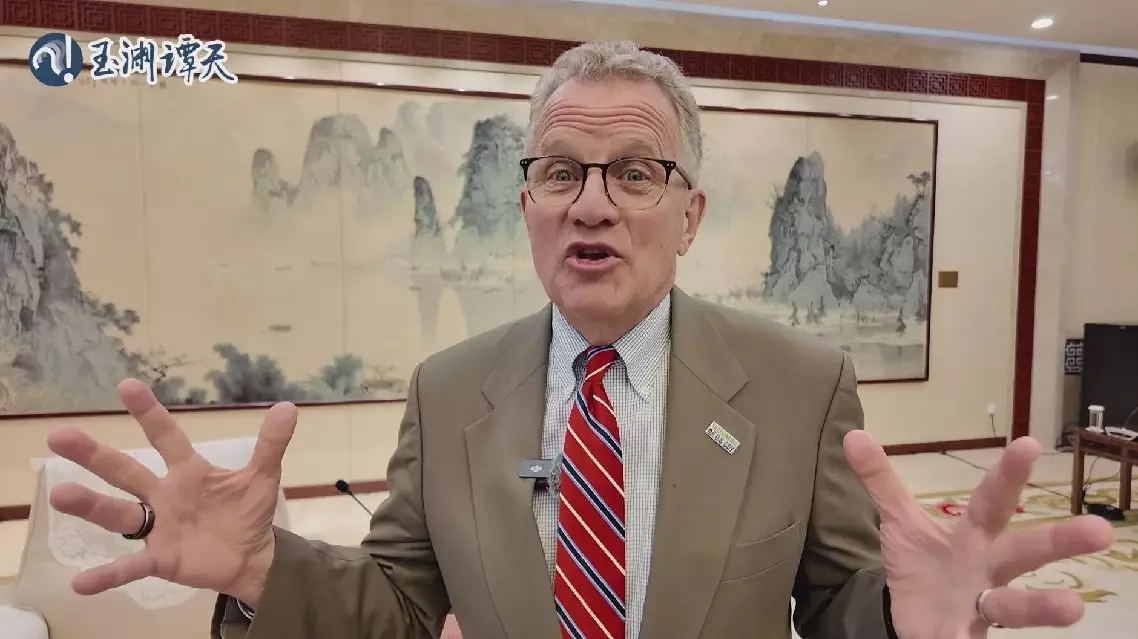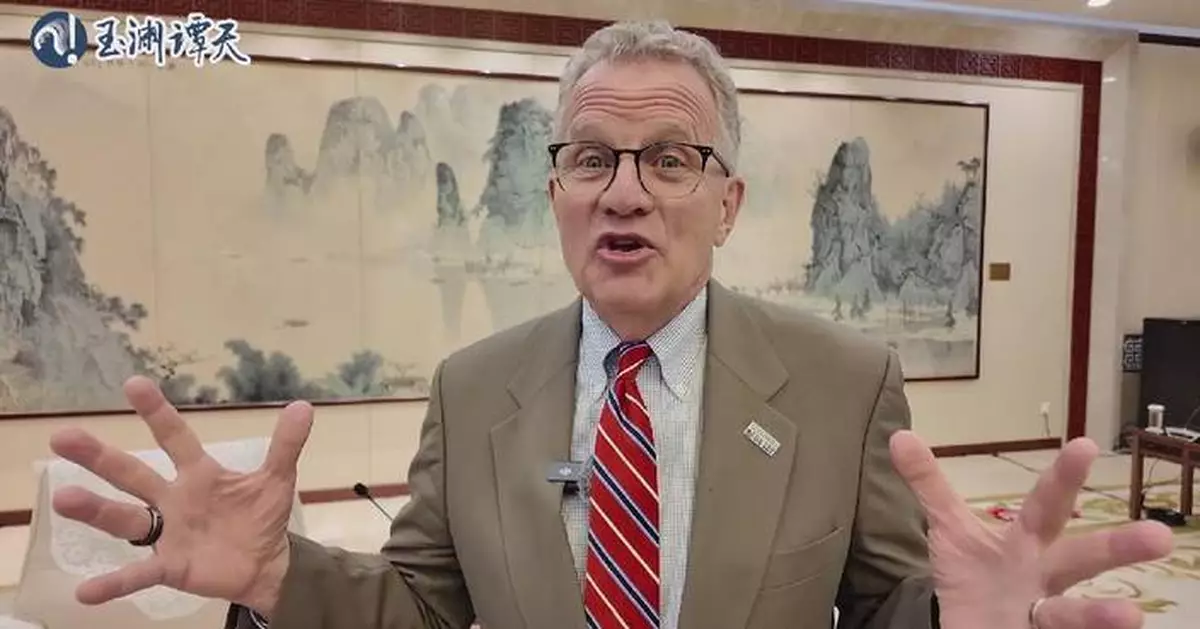The proposed U.S. fees on Chinese-made or Chinese-owned ships docking at American ports have drawn strong opposition from a wide coalition of U.S. businesses and trade groups, who warn that the measure could severely disrupt global supply chains and negatively impact American exporters, according to Jim Sutter, CEO of the U.S. Soybean Export Council (USSEC).
He Lifeng, Chinese vice premier and Chinese lead for China-U.S. economic and trade affairs on Wednesday held video talks with U.S. Trade Representative Jamieson Greer at the request of the U.S. side.
He expressed grave concern over the United States' additional tariffs on Chinese goods over the issue of fentanyl, the Section 301 investigation and the proposed "reciprocal" tariffs, saying China hopes the U.S. side will soon return to resolving shared concerns through equal consultation.
Concurrently, the Office of the United States Trade Representative held a closed-door hearing to discuss whether to impose fees of up to 1.5 million U.S. dollars on Chinese-constructed or -owned ships docking at U.S. ports. If implemented, this measure would affect approximately 83 percent of container ships that dock in the U.S.
Among the 389 businesses, organizations, and individuals that requested to participate in the hearing, a staggering 90 percent opposed the proposal. Their concerns are primarily focused on the negative impact this could have on at least 147 U.S. products, including steel and soybeans.
Sutter highlighted the repercussions of penalizing ships based on their country of origin, noting the importance of preserving the freedom for buyers of U.S. agricultural products to operate without discrimination and the need for incentivizing domestic shipbuilding, rather than imposing penalties on American farmers.
"One of our board of directors members, Mr. Mike Koehne, spoke at that hearing to be able to put sort of a penalty on ships made in a specific country, I think that's problematic. We're trying to educate the people who have raised that, the USTR folks, on how important it is that the buyers of U.S. agriculture goods have the freedom to operate in. The freedom to charter whatever vessel they want without kind of discriminating against one type of ship versus another. That they want to incent manufacturers to build more ships in the United States or for shippers to use more US-built vessels or US-flag vessels, and I think we can't just snap our fingers and say we're going to become a major shipbuilder in the United States. So, if that's a goal, I think we have to take our time and try and have some incentive programs or something in place that would drive that, rather than something that would put a penalty on our U.S. farmers," said Sutter.
Approximately 90 percent of all U.S. imports come through seaports, with a majority of the vessels being either constructed, owned, or operated by China.

Proposed US port fees on Chinese ships ignite industry backlash: soybean council chief


















































